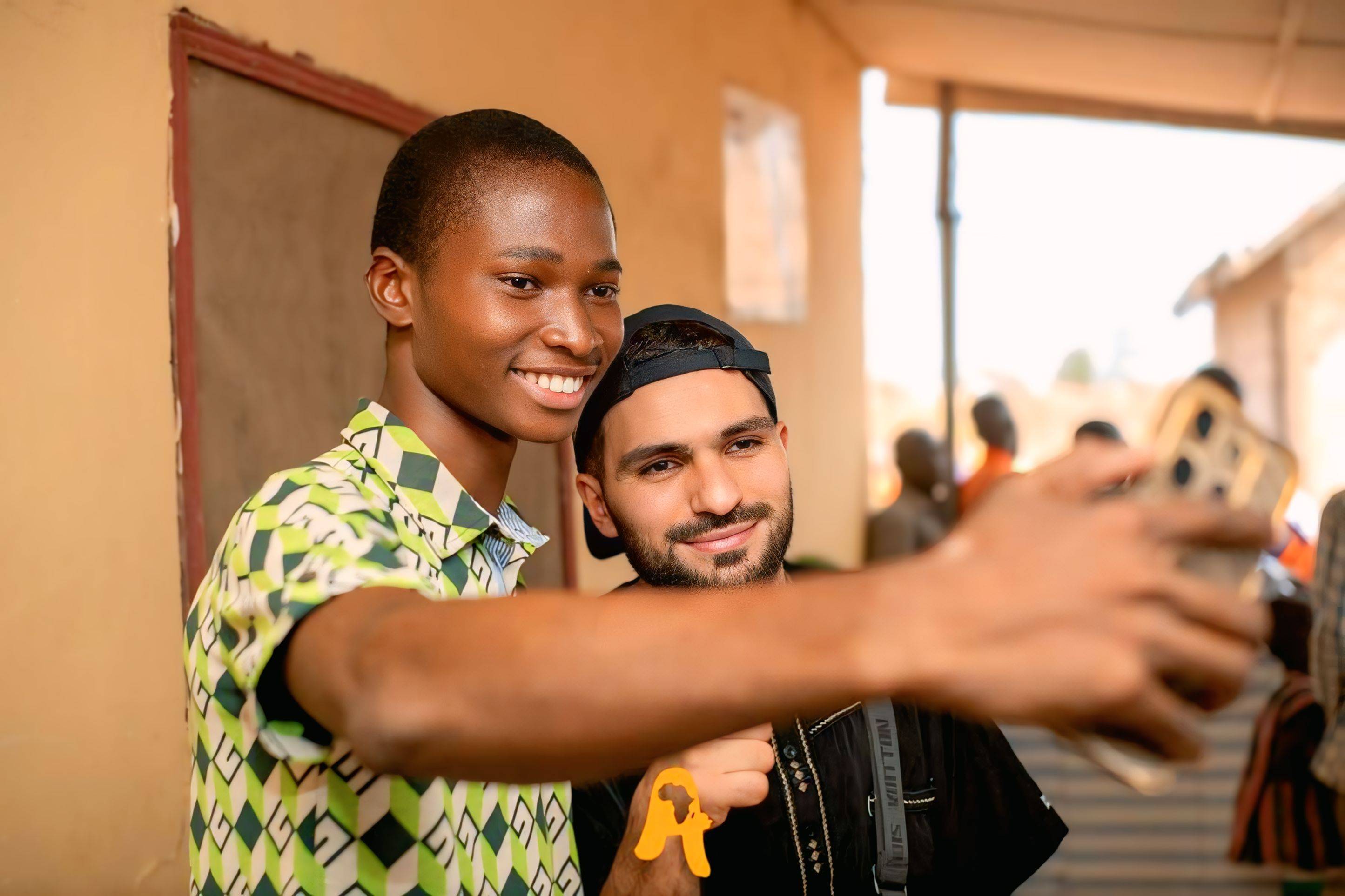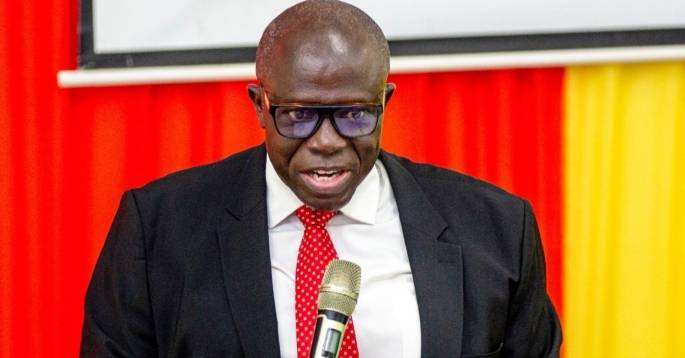In Ghana, the legal landscape surrounding the age of consent for sexual activity and the legal age for marriage presents a paradox that has sparked significant debate among legal experts, policymakers, and civil society. Justice Dennis Dominic Adjei, a distinguished Ghanaian judge and academic, has been at the forefront of critiquing this incongruity, highlighting its implications for adolescent rights, gender equity, and public health.
The Legal Discrepancy
Under Ghanaian law, the age of consent for sexual activity is set at 16 years, as per Section 101 of the Criminal Code, 1960 (Act 29). This means that individuals aged 16 and above are legally permitted to engage in sexual relations. However, the Children’s Act, 1998 (Act 560), which defines a child as anyone under the age of 18, stipulates that the minimum legal age for marriage is 18 years. This creates a situation where a 16 year old boy can legally consent to sex but is not legally allowed to marry until reaching 18.
Justice Adjei has pointed out the inherent contradictions in this framework. He questions the rationale behind allowing adolescents to engage in sexual activity at 16 while simultaneously deeming them legally incapable of entering into marriage until they are 18. This legal inconsistency, he argues, undermines the protection of young individuals and fails to align with the principles of justice and human rights.
Implications for Adolescents
The legal disparity has profound implications for adolescents, particularly girls. When a girl becomes pregnant, the law prohibits her from marrying until she turns 18, even if she wishes to do so. This legal restriction can lead to various adverse outcomes, including:
Social Stigma and Isolation Unmarried pregnant adolescents may face societal judgment and exclusion, leading to emotional distress and social marginalization.
Limited Access to the legal status of marriage, young mothers may struggle to access certain social and legal protections, including healthcare and financial support.
Perpetuation of Gender Inequality The legal framework may inadvertently reinforce gender stereotypes, where girls bear the brunt of societal expectations and legal limitations, while boys may not face similar constraints.
Justice Adjei emphasizes that the law must evolve to reflect the realities and needs of young people, ensuring that legal provisions support their well-being and rights.
Calls for Legal Reform
Recognizing the detrimental effects of the current legal framework, various stakeholders have called for reforms to synchronize the age of consent for sexual activity with the legal age for marriage. These calls come from a diverse range of voices, including:
Legal Experts and Academics Scholars and practitioners have highlighted the need for legal coherence to protect adolescents and promote gender equality.
Civil Society Organizations Groups advocating for children's rights and gender equality have pushed for legislative changes to safeguard young individuals from exploitation and harm.
Traditional and Religious Leaders In some regions, community leaders have acknowledged the need for legal reforms to align with evolving societal norms and values.
Justice Adjei supports these calls, arguing that aligning the age of consent with the legal age for marriage would provide a more coherent and protective legal framework for adolescents.
International Perspectives
International human rights instruments, such as the Convention on the Rights of the Child and the African Charter on the Rights and Welfare of the Child, emphasize the importance of protecting children from early and forced marriages. These instruments advocate for setting the minimum age for marriage at 18 to ensure that individuals have the maturity and capacity to make informed decisions.
Justice Adjei aligns with these international standards, advocating for Ghana's legal framework to conform to global human rights norms. He argues that such alignment would not only enhance the protection of adolescents but also strengthen Ghana's commitment to upholding international human rights standards.
Conclusion
Justice Dennis Dominic Adjei's critique of Ghana's legal framework concerning the age of consent for sexual activity and the legal age for marriage underscores a critical issue in the protection of adolescent rights. The existing legal discrepancies expose young individuals, particularly girls, to potential exploitation and undermine efforts to promote gender equality and human rights.
To address these concerns, it is imperative for Ghana to undertake comprehensive legal reforms that harmonize the age of consent with the legal age for marriage. Such reforms would ensure that the law serves the best interests of young individuals, providing them with the protection, rights, and opportunities they deserve.
As Justice Adjei aptly questions, if a is deemed capable of consenting to sexual activity, why should they be denied the right to marry? This fundamental question calls for a reevaluation of existing laws to ensure they align with principles of justice, equity, and the protection of young people's rights.
In moving forward, it is essential for all stakeholders—government, legal professionals, civil society, and communities—to engage in dialogue and advocacy to reform Ghana's legal framework, ensuring it adequately protects and empowers its adolescent population.


